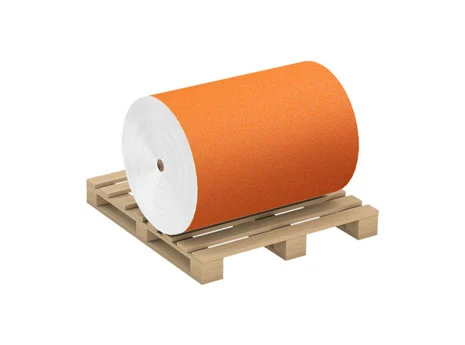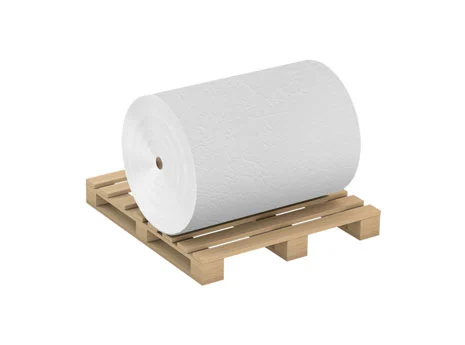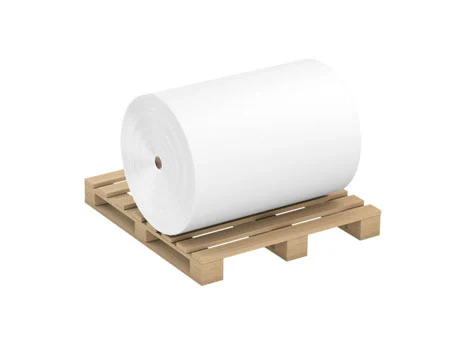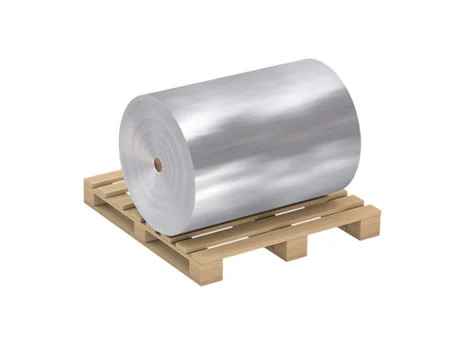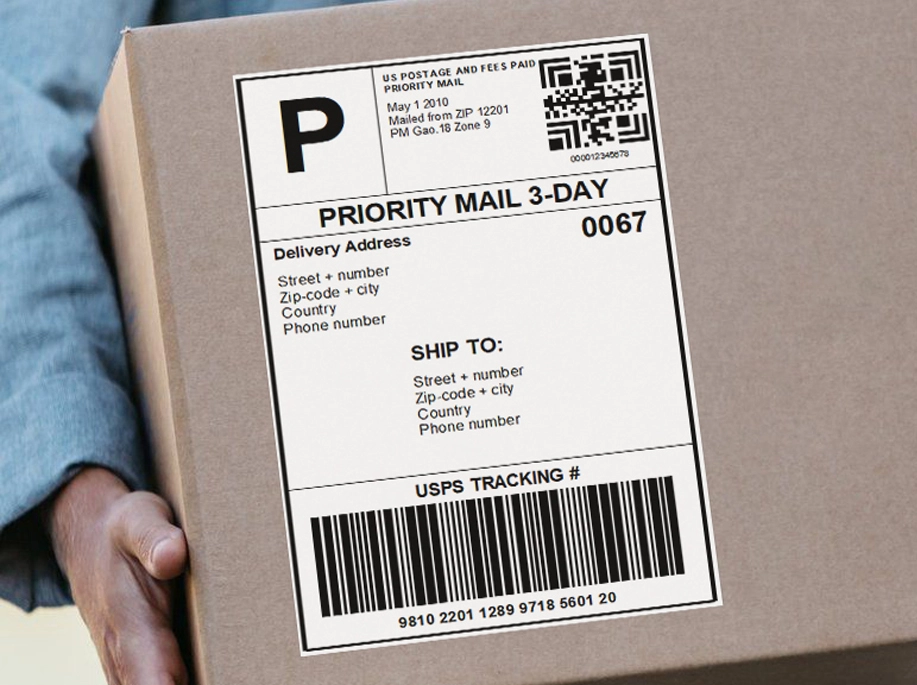
In today's fast-paced business environment, stock labels are being adopted by more and more companies as an important tool. So,what exactly are stock labels? How do they play a role in our daily work? This article will explore the application of stock labels in depth to help you understand the charm of this practical tool.
Inventory labels, as the name implies, are labels used to identify inventory items. They typically print key information such as the product's name, specifications, quantity, production date, etc., making it easy for employees to quickly identify and locate items in the warehouse.Inventory labels have a wide range of applications. Whether in manufacturing, retail, or logistics, they are indispensable aids.
In the manufacturing industry, stock labels play a crucial role. From the warehousing of raw materials to the dispatch of finished products, every step requires stock labels. They not only help employees quickly find the required items but also ensure the accurate use of materials during production. Additionally, stock labels can also be used for quality control by recording inspection information to ensure the product quality meets standards.
In the retail industry, stock labels also play a significant role. They are widely used in product display, inventory counting, and restocking. Through stock labels, store associates can quickly understand the inventory status of products and replenish stock in a timely manner, avoiding stockouts from affecting sales performance. At the same time, stock labels can also help associates maintain a neat and orderly store layout.
In the logistics industry, the use of stock labels is indispensable. They are used to identify goods, track shipping status, and record cargo information, ensuring that goods can be delivered safely and accurately to their destination. Through stock labels, logistics companies can master the position and status of goods in real-time, improving transportation efficiency and reducing costs.
Apart from the aforementioned industries, stock labels are also widely used in fields such as healthcare and veterinary medicine. In the healthcare field, stock labels are used to identify drugs, medical devices, and other items to ensure patient safety and medical quality. In the veterinary field, stock labels are used to identify pet medications, vaccines, and other items, helping veterinarians better manage pet health.
In summary, the application range of stock labels is broad. They not only improve work efficiency but also reduce costs and provide a better management experience for businesses. With the continuous development of technology, the functions and performance of stock labels are also improving. It is believed that in the future, they will play a more significant role in more fields.
Therefore, for businesses still struggling with inventory management, it might be worth trying the practical tool of stock labels. It is believed that it will bring unexpected surprises and gains to your business.




 English
English  中文
中文  한국어
한국어  français
français  Deutsch
Deutsch  Español
Español  italiano
italiano  русский
русский  português
português  العربية
العربية  Polska
Polska  Indonesia
Indonesia 